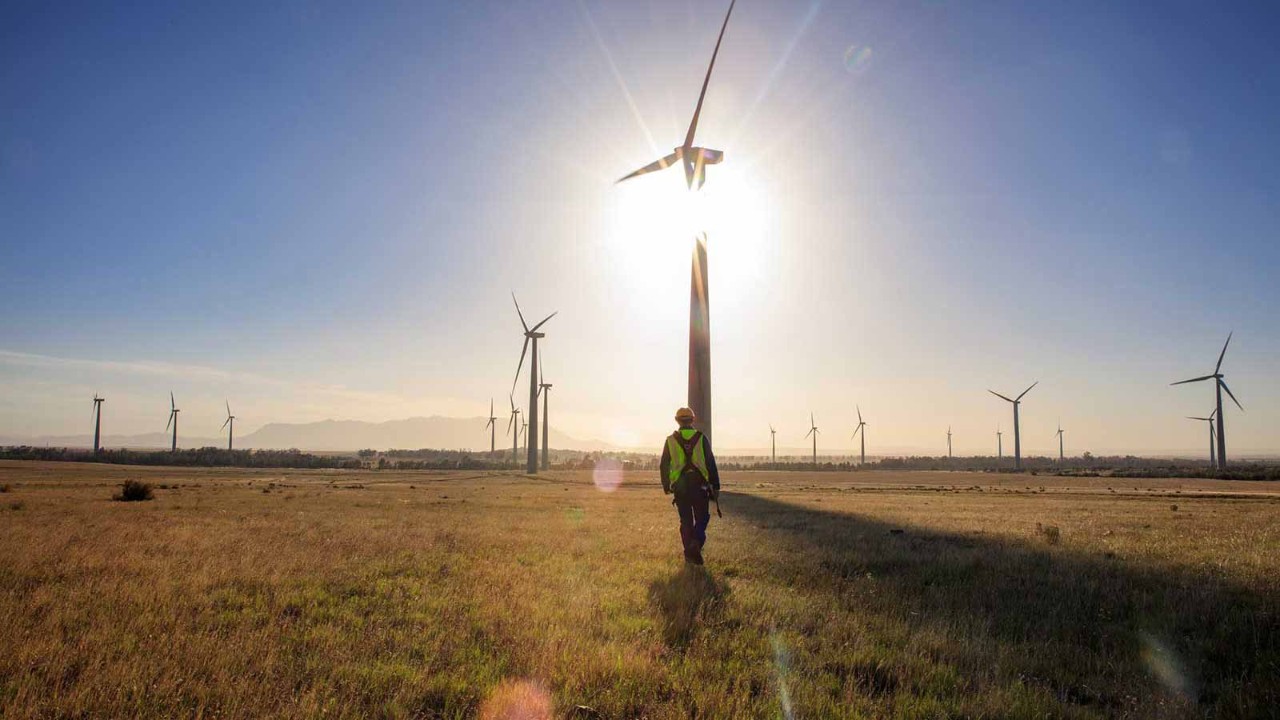
Sustainability reporting is undoubtedly gaining traction, driven by factors such as the environment, climate change and a greater focus on employees in the wake of the pandemic. As a result, ASEAN companies are going beyond financial parameters and increasingly reporting voluntarily on ESG issues such as environmental and social factors, diversity efforts and governance.
A key factor that emerged from a panel discussion on sustainability reporting at ACCA’s Technical Symposium 2023, held in September and including speakers from Malaysia and Singapore, is the need to build trust in the reporting, which means ensuring that controls and governance are robust.
The panel considered the key challenges companies face in their sustainability reporting processes and the lessons that can be learnt from them. The session explored the key changes companies have put in place for business processes and internal controls, technology, people, and financial and non-financial costs and benefits. It also considered sustainability-related reporting risks, and the professional competence and due care needed to prepare sustainability reports.
‘We must understand the climate risks and opportunities that matter to our organisation’
Traction
Nusaybah Mohamad Sofian FCCA, general manager for management reporting and budgeting at Petronas, told the symposium how the energy group was approaching sustainability reporting. She said: ‘We realise there is a lack of awareness and understanding on the subject of sustainability across the organisation, so the corporate sustainability department has taken the initiative to create awareness among employees.’
She explained that a group of change agents had been appointed to provide accurate messages and support leaders across the organisation in sustainability awareness, and to act as role models and subject matter experts. ‘We also encourage sharing best practices across the group as a way of educating our internal stakeholders and creating momentum around sustainability.’
She pointed out that many organisations start with the measurement of their greenhouse gas emissions to set a reduction target and then come up with a decarbonisation strategy. ‘But in the post-TCFD [Task Force on Climate-related Financial Disclosures] era, the framework actually wants us to have a different lens – one where we must understand what the climate risks and opportunities are that matter to our organisation. Only once we have clarity around that do we define the climate resilience strategy that our organisation would like to pursue.’
‘We needed a reporting platform that wasn’t going to pigeonhole us’
Flexibility
Ralph Justin Dixon, executive director of sustainability at YTL Corporation, offered a conglomerate’s perspective on the issues. He said: ‘We started sustainability reporting when it was just a corporate social responsibility note in the annual report. Obviously, we then moved on to incorporating global standards and frameworks in our reporting. We are a very diversified group with cement, power, water, hotels, telecommunications and infrastructure, so what we needed was a reporting platform that wasn’t going to pigeonhole us in a particular area.’
One issue for YTL that still exists is aligning some of the metrics between different industries. For instance, the power industry reports on absolute emissions but the cement industry reports on the intensity of those emissions on the basis of a global standard. The group has therefore encouraged its different business units to be more independent and create their own framework standards and materiality findings.
Benefits
While most companies face ESG risks, adopting a structured reporting system helps identify and manage these risks. Recent studies have demonstrated that sustainability reporting also improves financial performance, while markets have shown a willingness to reward organisations with strong ESG reporting.
Further advantages include a better relationship with stakeholders, as companies can factor in stakeholder concerns when making decisions. Stakeholders tend to have a more favourable view of companies that report on their sustainability efforts and are doing well on the ESG parameters. Talent is also attracted, as many professionals prefer to work with companies that do their ESG due diligence.
‘ESG reporting presents an opportunity to futureproof and build a competitive advantage’
Bong Yap Kim, senior technical director, sustainability reporting office at Accounting and Corporate Regulatory Authority (ACRA) of Singapore, said: ‘ESG reporting presents an opportunity for companies to futureproof their businesses and build a competitive advantage. To support companies through their sustainability journey, governments are looking into measures such as capacity building. For example, ACRA has a public-private initiative, under the green skills committee, to develop into a nationwide skills plan for sustainability reporting and assurance in Singapore.’
The board of any organisation plays a pivotal role in sustainability reporting, setting the tone of the process at the top. Several companies have board-level committees that deal with sustainability reporting and ESG, while some have linked senior management pay to the company’s sustainability efforts.
Manohar Benjamin Johnson, partner at PwC Malaysia, told symposium attendees: ‘Corporates have already been undertaking their sustainability journeys for a number of years, and we know that some are more advanced than others. One of the hardest areas to deal with is being able to get the right skillsets. It is good to note there is a lot of associated support for bringing sustainability out. Companies have now seen that the sustainability space allows them to expand their products beyond perhaps just offering the traditional IT or ERP type of systems that we have seen for financial reporting.’
More information
Tune in to the ‘Ethical dilemmas in an era of sustainability reporting’ and ‘Preparing for sustainability reporting’ sessions at ACCA’s virtual conference ‘Accounting for the Future’, 21–23 November, or watch on demand at any time afterwards.
You can watch the ACCA Technical Symposium 2023, which is now available on demand.



